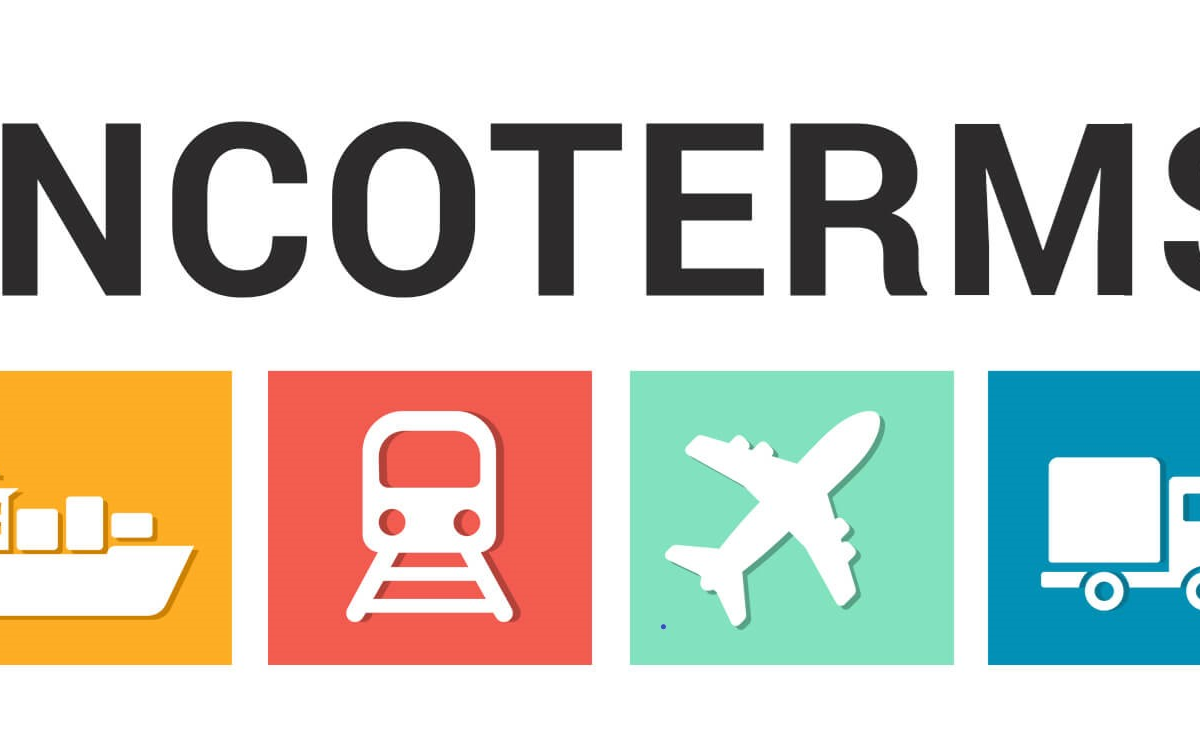
This article is written by Austin Garcia
Tensions at Sea
The ongoing tensions between Israel and Iran are unsettling the world. This creates concerns for global markets. Yet, a hopeful sign for peace exists. Oil prices slightly dropped after the attack. This shows the market’s strength. It also shows a desire for stability. This region is vital for oil production. Iran produces 3.3% of global oil. Most of it goes to China. The market adds a $5-10 per barrel “risk premium.” This acts as a buffer against unseen events.
The story also touches precious metals. Gold and silver saw small gains. Industrial metals are wary of sanctions. Shipping and logistics are affected too. Israeli ports and air cargo adapt to higher risks. But in these challenges, innovation thrives. Collaboration is strong. The global supply chain network is changing to meet new demands.
Iran’s Islamic Revolutionary Guard Corps recently seized a ship. This Portuguese-flagged vessel was near the Strait of Hormuz. This highlights the region’s delicate power balance. But it also reminds nations of shared interests. Seeking peaceful solutions helps mutual understanding. This can lead to a more peaceful global environment. Supply chains can then carry both goods and goodwill.
Global Impacts of Middle East Conflict
The conflict in the Middle East has several clear impacts on us globally:
- Transport Route Disruptions: Military actions can affect key routes. This includes ports or airways. Shipments may face delays. Global supply chains become less efficient.
- Increased Security: Countries may tighten border controls. More inspections could happen. This slows goods movement. It increases costs for businesses.
- Higher Commodity Prices: Damage to infrastructure can cause price spikes. This includes oil facilities or shipping lanes. Businesses’ costs for materials will rise. Transportation costs will also increase.
- Uncertainty and Investor Caution: An uncertain atmosphere can stop investments. It can slow economic activity. This indirectly affects supply chains.
- More Inspections and Screenings: Tighter security at borders can lead to:
- Clearance Delays: Extra checks mean longer processing times.
- More Paperwork: More documents may be needed. This adds complexity and time.
- Limited Resources: Not enough staff or equipment causes longer waits.
- Shipment Backlogs: Too many goods waiting for inspection cause big delays.
- Supply Chain Disruptions: Long processing times hurt supply chains. This is true for industries needing timely deliveries.
An Unsure Future
If the conflict continues, it will greatly disturb our supply chains. Oil prices are already high. But as violence goes on, prices will only climb. The same applies to industrial and precious metals. Gold, silver, and steel will also get more expensive. Israel is a hub for advanced computer chips. Disruptions there could impact global tech supply chains. Also, labor shortages could arise if the conflict grows. This would affect businesses and manufacturing. Beyond rising resource prices, key shipping points are at risk. The Suez Canal and Strait of Hormuz face blockades, hijackings, and attacks. This situation shows the need for strong risk management. Businesses in global trade must stay informed. They must be flexible to adapt to changing geopolitics.
In international trade, businesses must be agile. They need to expect delays. They must create strong backup plans. This will lessen the impact of tougher inspections. Nearshoring to Mexico offers a solution. It provides a path through global challenges. This is built on trust and peace. TradeFlex has the knowledge to help. The firm facilitates smooth moves to Mexican operations. This ensures easy integration into Mexico’s vibrant economy. For a tailored “Made in Mexico” plan, TradeFlex is ready. Connect with TradeFlex for a partnership that redefines limits. It embraces new possibilities. You can learn more at https://trade-flex.com/. In these times, unity is key. Working together creates a better future.



